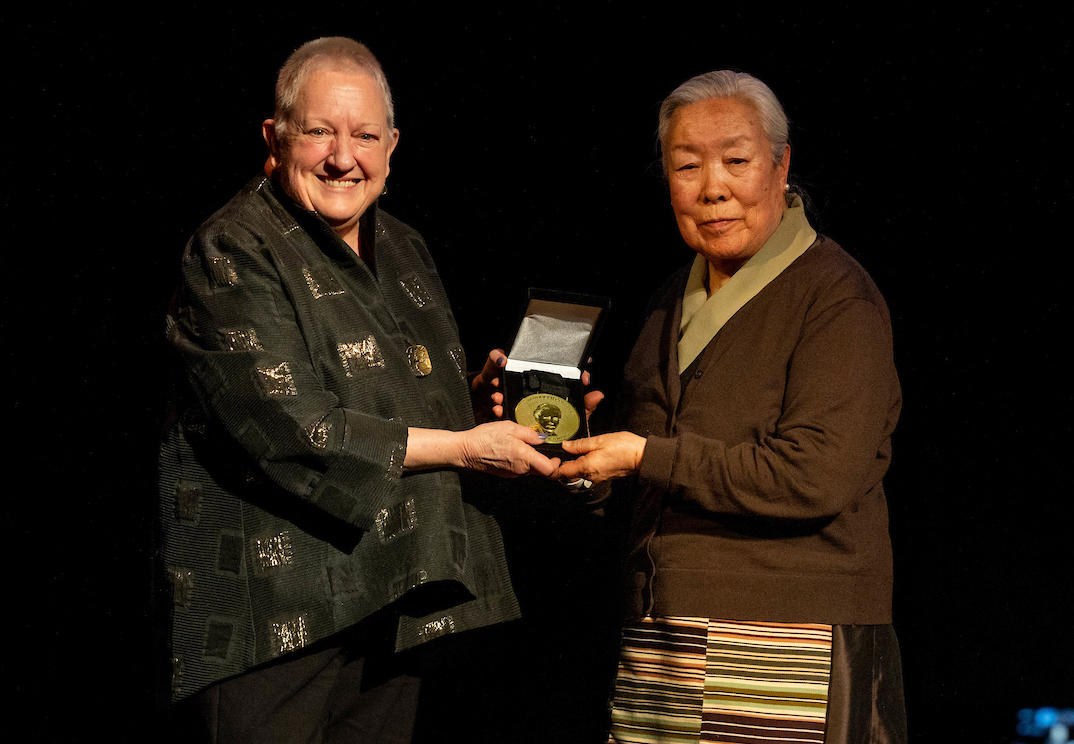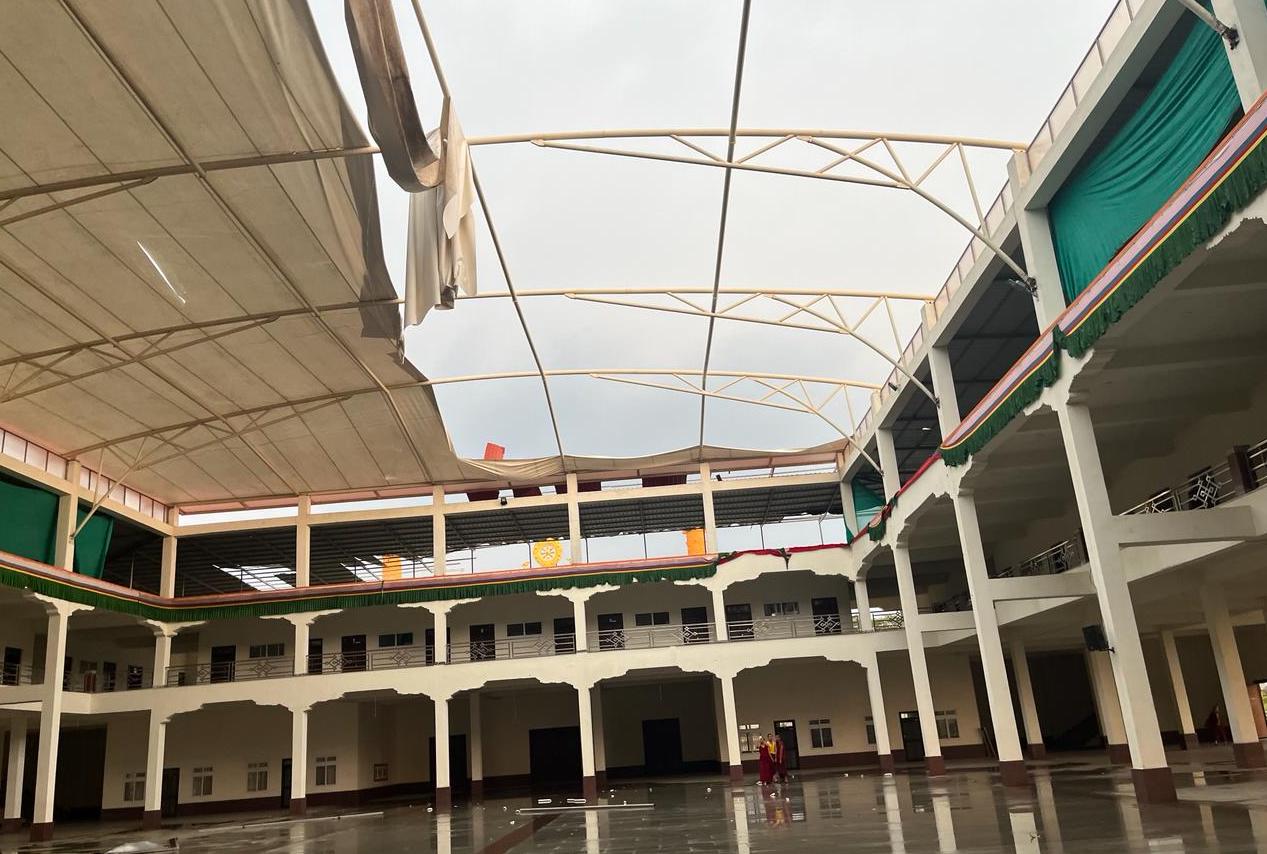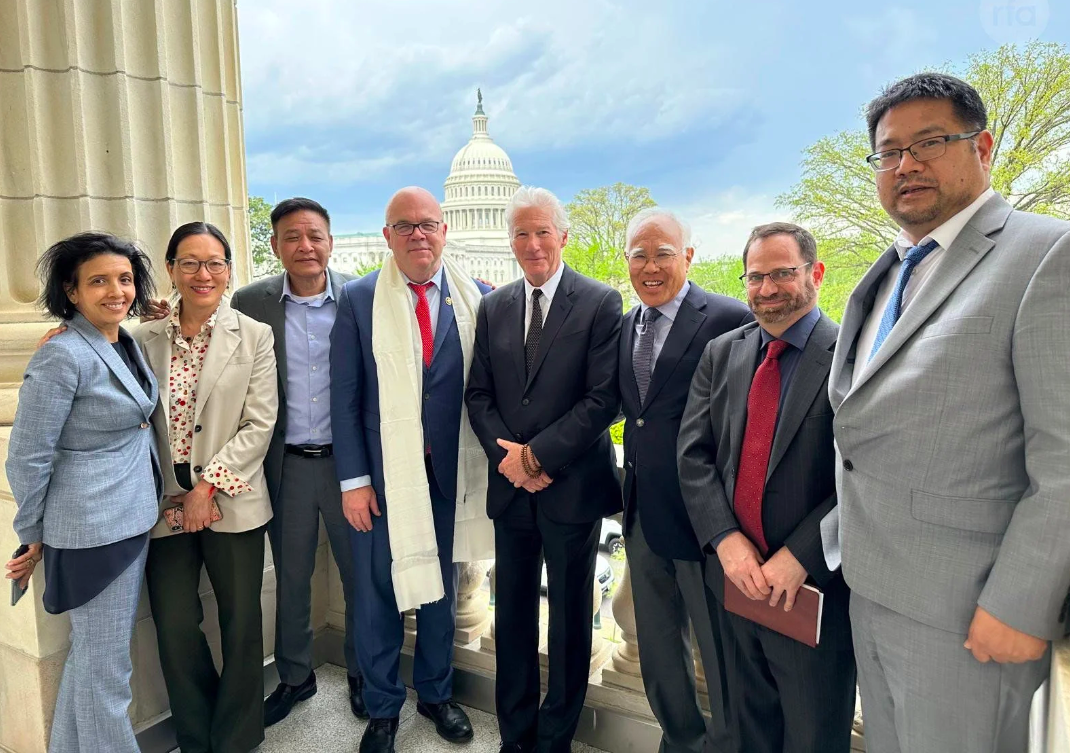Another Expert Announces Plan to Visit Beijing
News Update Tibet Bureau, Geneva
Geneva, April 7 – Mr. Miloon Khothari (India), the Special Rapporteur on adequate housing as a component of the right to an adequate standard of living, and on the right to non-discrimination, of the UN Commission on Human Rights, has called on the need to continue his dialogue with the Chinese authorities concerning the demolition of historic buildings and housing complexes in Lhasa.
Ms. Katarina Tomasevski (Croatia), the Special Rapporteur on the right to education, in her report to the 59th session of the Commission on Human Rights, said that as invited by the People’s Republic of China on 14 November 2002, she is planning to carry out a mission sometime between May and September 2003. However, the special rapporteur said that “due to budgetary constriants, this will be a two week visit confined to Beijing.” Unconfirmed sources say that the visit will take place in June 2003. Some NGOs have already voiced concern about the overall benefit of this visit if the Special Rapporteur’s schedule is restricted only to Beijing.
In his annual report to the 59th session of the Commission, Mr. Khothari said: “In May 2002, following a large number of appeals received from civil society groups and individuals through urgent action campaigns, the Special Rapporteur worte to the Government of China concerning the demolition of historic buildings and housing complexes in Lhasa, Tibet, and allegations of forced evictions of residents, mostly indigenous Tibetans. In October 2002, he received a reply from the Government of China that detailed government efforts to amend laws and set policies to renovate unsafe buildings while conserving their historical and cultural value. While appreciating the Government’s construction reply, he notes the need to continue the dialogue on this case and to study the impact of planning legislation and policies on the realisation of the human right to adequate housing. This is particularly relevant in the context of the State obligations under ICESCR, which China ratified in 2002.”
Today, the Commission debated the item dealing with economic, social and cultural rights under which International Fellowship of Reconciliation delegate Ms. Norzin Dolma delivered an oral statement to raise the issue of the current state of education in Tibet. The full text of this statement is produced in this update.
Meanwhile, Spain-based NGO Federation of Associations for Defence and Promotion of Human Rights, in a written statement to the Commission under this item says that: “The present development scenario in Tibet points out clearly that the state has failed, or is failing, in its role of providing social services and development to the rural sector. It has fallen on the non-governmental organisations from other countries and local initiatives to take up the role of provider for social services and facilities of development in rural Tibet…We urge the Commission on Human Rights to consider these aspects of the economic, social and cultural rights in Tibet when it considers discussing the overall human rights situation in Tibet and China.”
On 3 April, the Tibetan Community in Switzerland organised a vigil in front of the United Nations building in Geneva, in which around 70 Tibetans, mostly from the Glarus State of Switzerland, participated. The Tibetan delegation, including Takna Jigme Sangpo met with the Tibetans while Mr. Chhime R. Chhoekyapa, Representative of H. H. the Dalai Lama for UN Affairs, informed the gathering about the developments on Tibet at the Commission on Human Rights.
On 2 April, Mr. Chhoekyapa presented a Tibetan view at the roundtable organised at the United Nations by German-based Society for Threatened Peoples, which discussed the current state of Human Rights Dialogue engaged by several countries with the People’s Republic of China. Apart from Chinese, Uighurs, Tibetans and NGO representatives, several government delegates, including Ambassador Jeane J. Kirkpatrick, also attended the roundtable.









